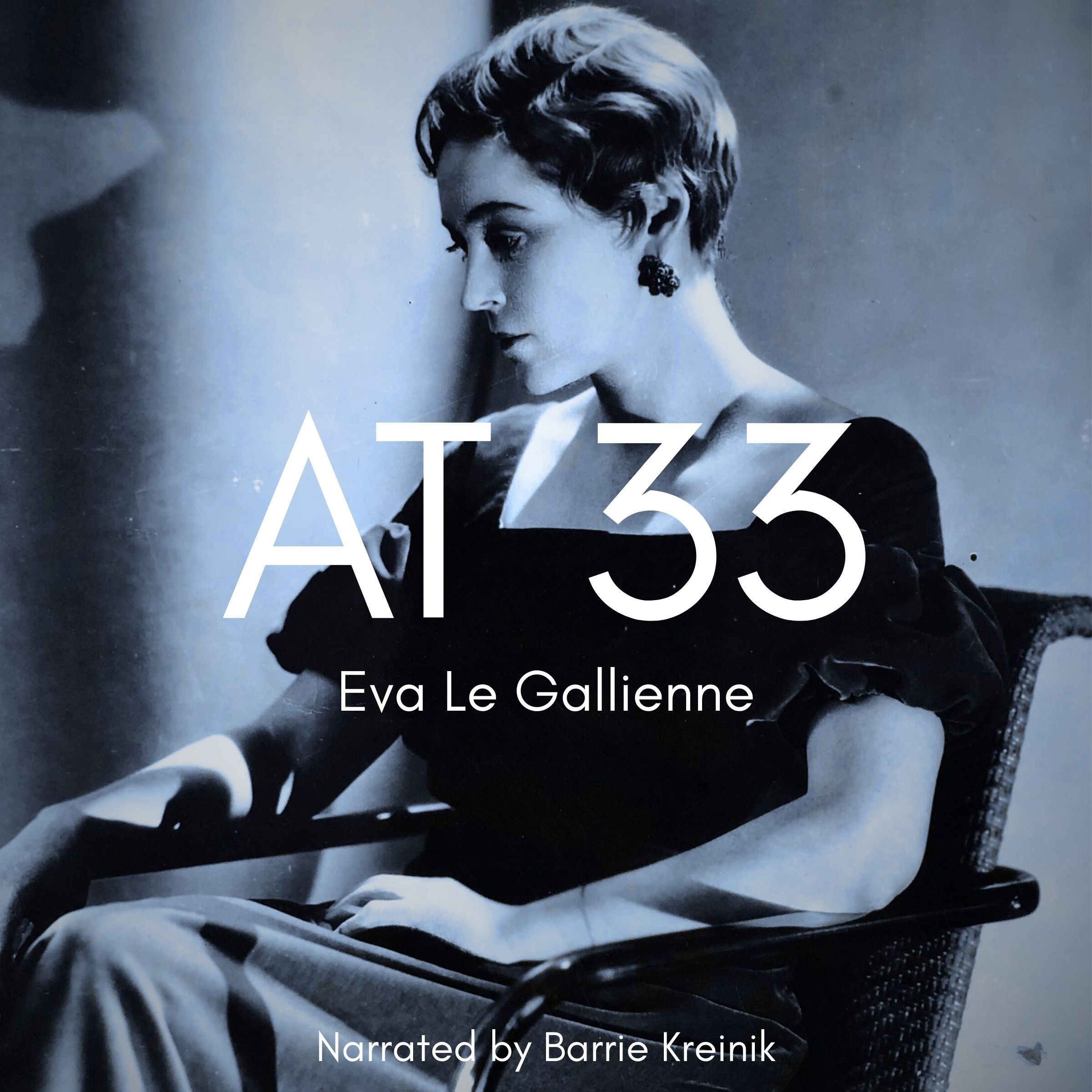Iran 12
Listen to Iran 12, a 45-year-old woman from Tehran, Iran, who has also lived in the United States. Click or tap the triangle-shaped play button to hear the subject.
Both as a courtesy and to comply with copyright law, please remember to credit IDEA for direct or indirect use of samples. IDEA is a free resource; please consider supporting us.
BIOGRAPHICAL INFORMATION
AGE: 45
DATE OF BIRTH (DD/MM/YYYY): 1962
PLACE OF BIRTH: Tehran, Iran
GENDER: female
ETHNICITY: Persian-Armenian
OCCUPATION: hairdresser
EDUCATION: high school, cosmetology college
AREA(S) OF RESIDENCE OUTSIDE REPRESENTATIVE REGION FOR LONGER THAN SIX MONTHS:
The subject lived in Greece for one year and Switzerland for five years, and at the time of the interview had lived in the United States for 21 years.
OTHER INFLUENCES ON SPEECH:
The subject has lived in Europe and the United States. The six years of living in Europe have had little to no impact on her dialect. The subject’s first language is Armenian, and her second is Persian. In 1992, she learned English as a third language through the “Year of English” Program at Glendale Community College in Glendale, California.
The text used in our recordings of scripted speech can be found by clicking here.
RECORDED BY: Keelia Flinn (under supervision of David Nevell)
DATE OF RECORDING (DD/MM/YYYY): 10/11/2007
PHONETIC TRANSCRIPTION OF SCRIPTED SPEECH: N/A
TRANSCRIBED BY: N/A
DATE OF TRANSCRIPTION (DD/MM/YYYY): N/A
ORTHOGRAPHIC TRANSCRIPTION OF UNSCRIPTED SPEECH:
[Interviewer: Tell me about yourself.] My age is 45 year old, I am. I am Armenia from Iran. I born in Tehran, Iran. My job is occupation, I’m hairdresser/hairstylist. And, um, I’m high school educated. I…I’ve been in college for Cosmetology college. And…I born in Iran. I raised in Iran.[Interviewer: When did you move to the United States?] Oh, I moved to United States in 1986, ’86. So…I’m almost 20…five…20 years I’m here. Before I was 5 year in Europe and, um…now I’m here. [Interviewer: How is life in Iran different than life in the United States?] It was different, our culture. They didn’t let us to going out. You know. Teenagers here I see they are very free. They want to do whatever they want. They driving. They don’t listen to their parents. They don’t respect. So…the only word that I listen a lot is, “I don’t care…I don’t care…I don’t…” That’s very bad. Um,…our kids…still if you…I seen kids that are coming over there that are really different. More respect. They know family, value, everything. Patience. Here, kids they are always, you know want to run. They don’t want to stay in their spot. They are bored. Always they are bored. They have lots of thing but they are bored. I don’t understand why, because they don’t have that creative mind we used to had. Not having too much toys. We make our toys by our hands. We make our barbies…we…I, I used to have only one Barbie, you know. Two dolls maybe but I used to make dress for my dolls. But here everything we buy. That’s why kids they always bored. So all girls they know how to sewing over there. They know how to cook very early age. They know how to clean up, clean house. They learn everything, no matter what grade are you, you know. You are rich, or poor. Girls they need to know all these things, when they get married they need to know cooking, cleaning, sewing. [Interviewer: Can you speak a bit of Armenian for me?] [Subject speaks in Armenian and then translates to:] I decided to, this Thanksgiving, to invite my parents and sister husband, everyone to my house to having dinner together. [Interviewer: Can you speak the same sentence in Persian?] [Subject then translates the same sentence into Persian.]
TRANSCRIBED BY: Keelia Flinn (under supervision of David Nevell)
DATE OF TRANSCRIPTION (DD/MM/YYYY): N/A
PHONETIC TRANSCRIPTION OF UNSCRIPTED SPEECH: N/A
TRANSCRIBED BY: N/A
DATE OF TRANSCRIPTION (DD/MM/YYYY): N/A
SCHOLARLY COMMENTARY:
The subject demonstrates the following features: /ing/ ending (everything, cooking, cleaning, sewing, having) have a sounded g; retroflex /r/ (hair, run, bored, born); dentalized /th/ to sound like [t] or [d] (there, they, those); [I] to [i] (kit, six, Iran, rich); [U] to [u] (foot, put, cook, poor); cloth and lot sets are sounded with a schwa with a slight lip rounding (off, cloth, lot); thought is sounded with [au], yet the word “want” in that set is sounded with a front [a]; nurse set uses a schwa with a retroflex /r/ (work, girls, word); all dipthongs are used with retroflex /r/ instead of r-coloring on schwa (here, year, care, their, hairdresser, parents, Barbie, bored, born); “thought” is sounded with [au] in place of general American sound; and, lastly, the cure set has liquid u or [j] as well as retroflex /r/ in place of r-coloring (Europe, insurance).
COMMENTARY BY: Keelia Flinn (under supervision of David Nevell)
DATE OF COMMENTARY (DD/MM/YYYY): N/A
The archive provides:
- Recordings of accent/dialect speakers from the region you select.
- Text of the speakers’ biographical details.
- Scholarly commentary and analysis in some cases.
- In most cases, an orthographic transcription of the speakers’ unscripted speech. In a small number of cases, you will also find a narrow phonetic transcription of the sample (see Phonetic Transcriptions for a complete list). The recordings average four minutes in length and feature both the reading of one of two standard passages, and some unscripted speech. The two passages are Comma Gets a Cure (currently our standard passage) and The Rainbow Passage (used in our earliest recordings).
For instructional materials or coaching in the accents and dialects represented here, please go to Other Dialect Services.
 IDEA: International Dialects of English Archive
IDEA: International Dialects of English Archive




